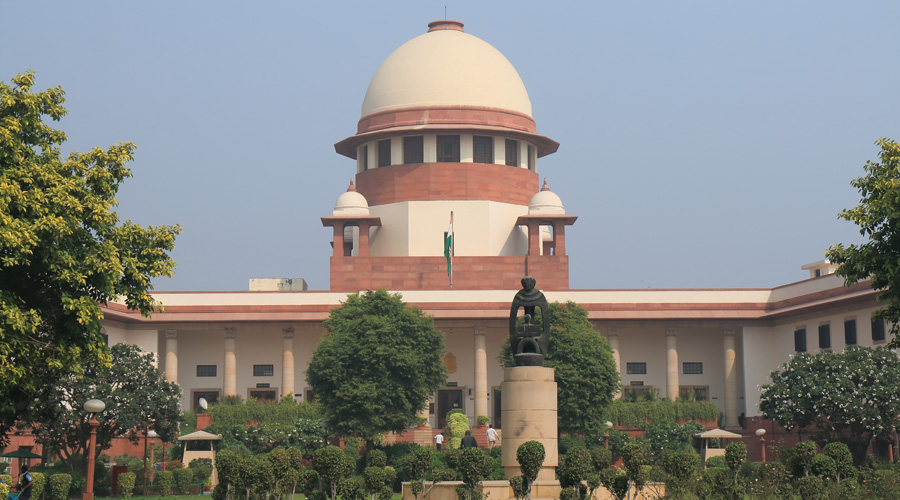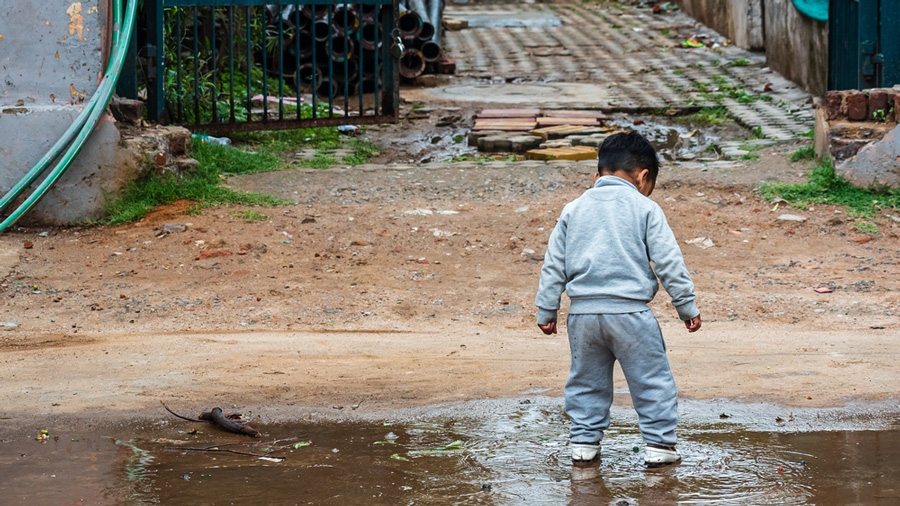The Supreme Court has ruled that anticipatory bail is an effective medium to protect the fundamental right to life and liberty and the relief should be considered liberally by courts as long as the trial is not concluded.
A three-judge bench headed by Chief Justice N.V. Ramana, however, said such discretionary power cannot be exercised in an untrammelled manner and courts must take into consideration the concerns of the investigating agency, complainant and the society at large and strike a balance with the concerns and interests of the applicant.
“The genesis of this jurisdiction lies in Article 21 of the Constitution, as an effective medium to protect the life and liberty of an individual. The provision therefore needs to be read liberally, and considering its beneficial nature, the courts must not read in limitations or restrictions that the legislature had not explicitly provided for. Any ambiguity in the language must be
resolved in favour of the applicant seeking relief,” the bench, also having Justices Surya Kant and Aniruddha Bose, said.
The Chief Justice of India, who authored the judgment, referred to a five-judge bench ruling in the 1980 Gurbaksh Singh Sibbia vs State of Punjab case to hold that CrPC Section 438 (anticipatory bail) is a procedural provision that concerns the “personal liberty of the individual, who is entitled to the benefit of the presumption of innocence since he is not, on the date of his application for anticipatory bail, convicted of the offence”.
The top court said an overgenerous infusion of constraints and conditions by courts which are not part of Section 438 can make its provisions constitutionally vulnerable since the right to personal freedom cannot be made to depend on compliance with unreasonable restrictions.
“The beneficent provision contained in Section 438 must be saved, not jettisoned…”CJI Ramana said while citing the 1980 ruling.
The court on Friday passed the judgment while setting aside the orders passed by Allahabad High Court granting 90 days’ time to two persons to surrender in separate cases of dowry death and land grabbing. The high court granted the breather but refused anticipatory bail, aggrieved by which the complainants had approached the Supreme Court.
Allowing the appeals, the apex court said CrPC Section 482, which empowers the high courts to quash any criminal case, reflected the reality that no law or rule could possibly account for the complexities of life and the infinite range of circumstances that may arise in the future.
“However, such discretionary power cannot be exercised in an untrammelled manner. The court must take into account the statutory scheme under Section 438, CrPC… and balance the concerns of the investigating agency, complainant and the society at large with the concerns/interest of the applicant,” the Supreme Court said.
“Therefore, such an order must necessarily be narrowly tailored to protect the interests of the applicant while taking into consideration the concerns of the investigating authority. Such an order must be a reasoned one,” Justice Ramana said.
“The impugned orders (of Allahabad High Court) therefore do not withstand legal scrutiny. The resultant effect of the high court’s orders is that neither are the respondents found entitled to pre-arrest bail, nor can they be arrested for a long duration,” the apex court said.
“During the said duration they can roam freely without being apprehensive of coercive action. We are thus of the view that the high court committed a grave error in passing such protection to the respondents accused. Such a direction by the high court exceeds its judicial discretion and amounts to judicial largesse, which the courts do not possess,” CJI Ramana remarked.












